
The bar at the Parque Central in Havana. Photo by David Lansing.
We were scheduled to get into Havana from Cancun in the late afternoon but when we checked in to Cubana Airlines they told us our flight was delayed for three hours. There are only two things to do at the Cancun airport: eat and drink. I didn’t feel like doing either. I read a Sunday NY Times magazine that I had brought with me and then I found a quiet corner of the airport and meditated for half an hour and then I fell asleep. When I woke up, it was time to board the flight. I walked up to the counter and the agent said the flight was delayed another hour. I asked her what the problem was. She shrugged and said, “It is a very old plane–usted entiende?—and it comes from Cuba.” Then she shrugged again.
As it turned out the flight was delayed several more times after that and we ended up spending nine hours at the Cancun airport. I had never flown Cubana airlines before. In the past we always flew Mexicana but they had gone out of business last year and now there was only Cubana. The plane was a YAK-42D, a Russian plane designed for landing on short runways known for major mechanical problems. The Russians sold Cuba four of the planes in the early 1990s. This was one of them. All of the signage in the plane was in Russian and some of the seats were broken and had yellow tape across them and when we took off the plane shook so violently that several overhead bins opened up spilling their contents.
I don’t normally think about planes when I am on them and couldn’t tell you the difference between a Boeing 707 and a 727, but last week there was an incident where a Southwest 737 bound for Los Angeles had part of its roof ripped off and lost decompression and had to make an emergency landing in Yuma, Arizona. They said the problem was that the plane was 15 years old and had developed stress cracks. And here I was flying in a Russian plane much older that was known for having vibration problems. Still, what could you do?
We landed a little after 11 that night and after gathering up our luggage and clearing Customs, went out into the greeting hall where Antonio, a representative for Avalon, the Venezuela-based company that has the fishing concession in the Jardines de La Reina, was waiting for us. To be honest, we were all a little crabby at this point. In addition to the nine hour plane delay, Fletch had received a text message in Cancun telling him that we would not be staying at the Saratoga in Havana where we’d stayed the last time. There had been some mix-up in the reservations and we would be going to the Parque Central where we’d stayed three years ago. There was nothing wrong with the Parque. And, like the Saratoga, it was right in the middle of Havana near the Capitolio, but it was not as nice or as modern as the Saratoga and, anyway, Fletch had paid an extra $100 a night for each of us to stay at the Saratoga.
But Antonio, who looks like a young Antonio Banderas and whose father used to train Cuban spies to work in foreign countries, told us not to worry. We would stay in the Saratoga when we returned to Havana after our week of fishing, plus he had some other good news for us: We had been upgraded from the Halcon to their newest boat, Avalon I. We had stayed on Halcon for three years running and knew nothing about the Avalon but Antonio assured us we would like it. So we climbed into a large white van waiting for us and drove into Havana. It is always startling to drive into Havana late at night because the streets are always empty. It was not yet midnight yet there were no lights, few cars, and only a few people walking around the city. Here is a city known for its music, its rum, and its hookers yet it is dead by midnight.
As it turned out, we were fortunate to get rooms at the Parque Central instead of Saratoga. They had built a new wing of the hotel which is where our rooms were. Greg and I shared a suite that was as large and lavishly furnished as something in the Ritz. Fletch, who had a room to himself, got two bedrooms and two bathrooms. All the rooms were nicer than anything we’d had at the Saratoga. Much nicer. We had a drink down in the bar after midnight. There were a couple of hookers in the bar. One was an attractive blond sitting at a table by herself. She turned her chair to face us directly and when that didn’t work, she picked up her drink and moved to a stool at the end of the bar right beside where we were sitting on chairs in the lounge. Cameron and Nick had never seen hookers so overt in a nice hotel and kept asking us questions about them. After awhile, Cameron started calling them “snookers.” I rather liked that. They were like fish following the bait or perhaps it was the other way around and we were the fish and they were the bait. In any case, there was this game that they played where they’d ignore you completely for five or ten minutes and then turn and stare hard at you and maybe uncross their legs or light a cigarette and if you didn’t respond, they’d turn away, annoyed. Then ten minutes later, they’d start the whole routine all over again. Nothing was said and they didn’t approach us. It was more like a dance where they led. After about an hour of this, some Russians came in and the snookers got up from the bar and sat at a table close to the Russians. It took only a few minutes before one of the Russians got up, went over to the table with the snookers, bent down and said something, and a few minutes later the four Russian men picked up their drinks and joined the snookers. I’m sure they had a wonderful evening.

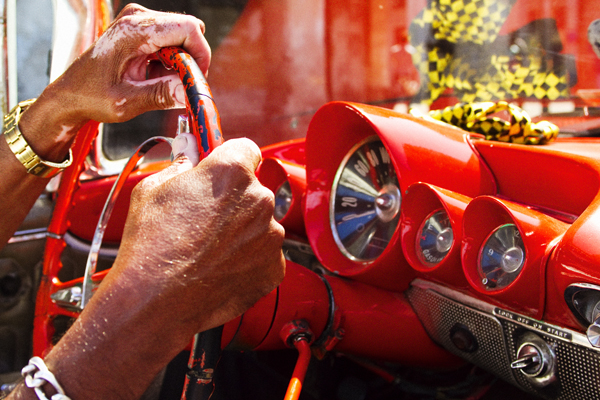
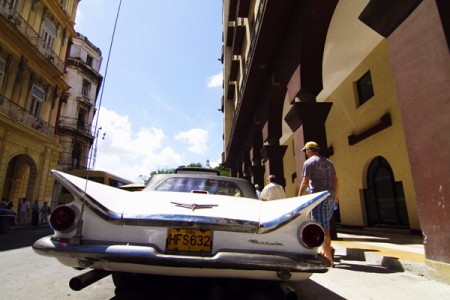
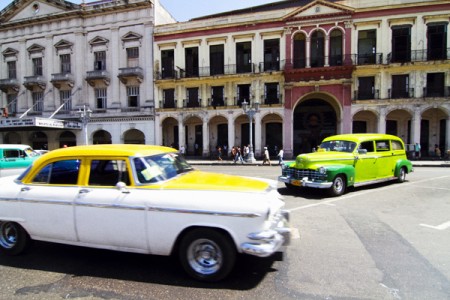
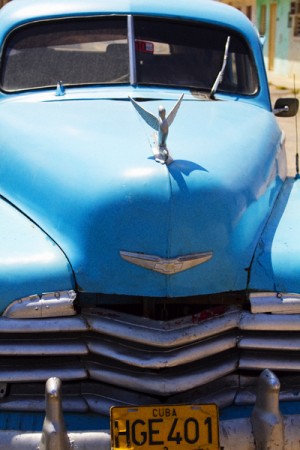
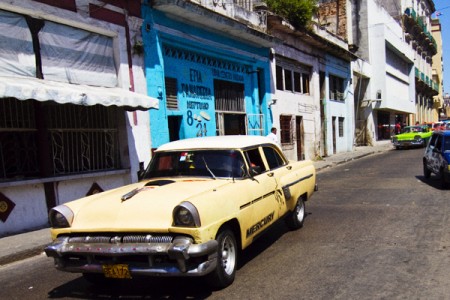
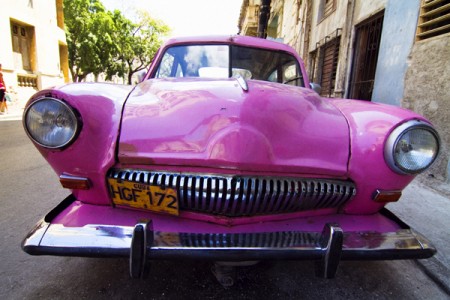
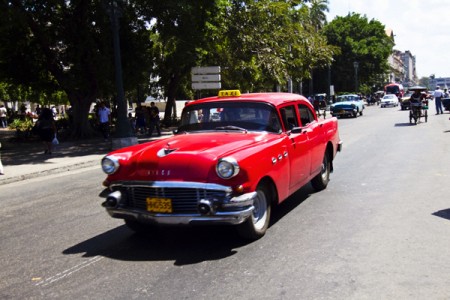
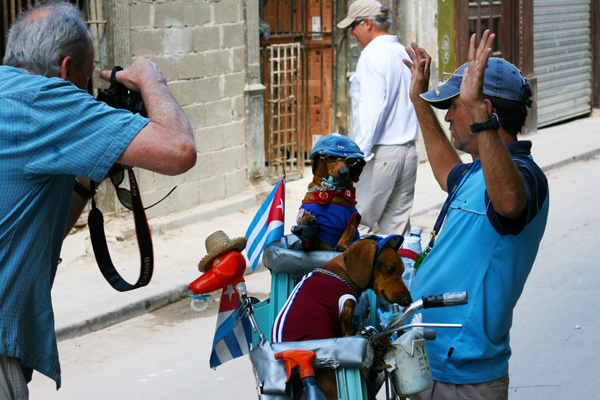
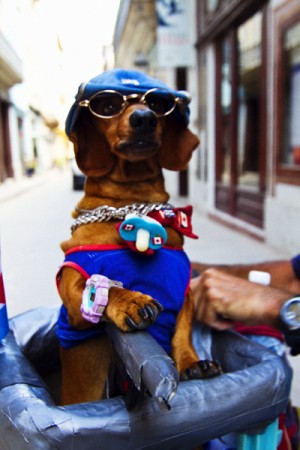
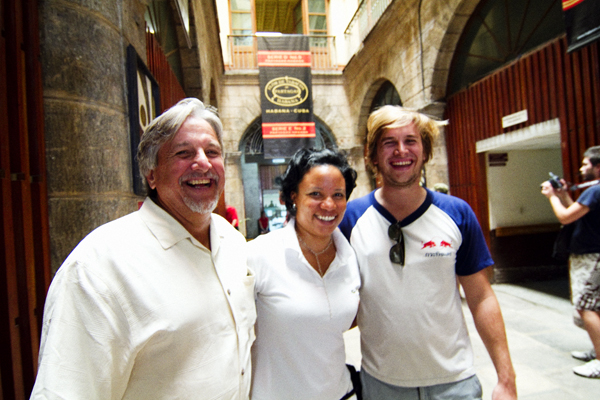
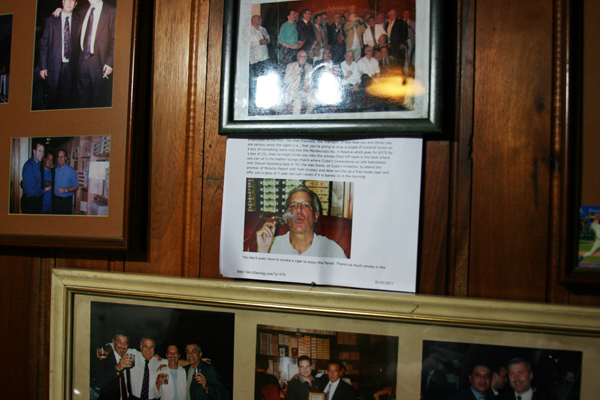

Recent Comments